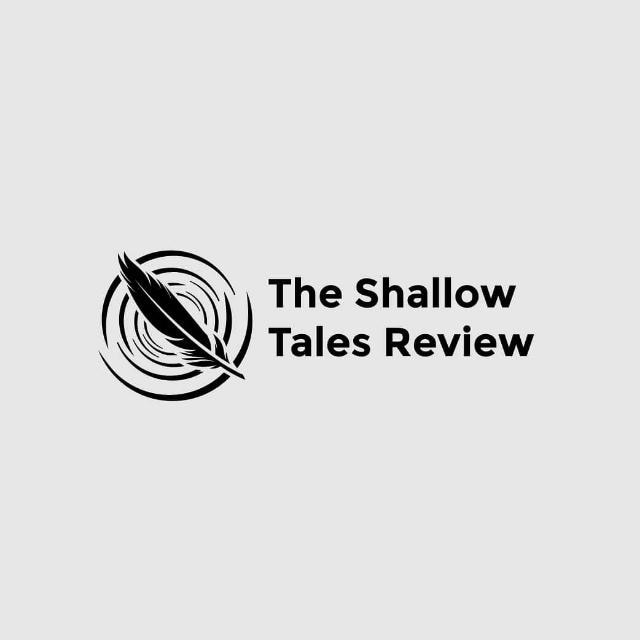“Root” is a word that easily spawns tributaries of meanings, leaning towards the literal and figurative. Ancestry, family, and history are just some of the ready synonyms of root. But root itself overarches, bends itself to suit the intention of its wielder, while still maintaining a certain level of its dictionary-entry meaning.
We call this issue Roots because of its open-endedness; because it serves as a springboard, a launcher for many other subjects; because of the broad aspect of sub-themes subsumed into a super-theme; because root is the functionary and other subjects are the functions. We do not hope to impose, as it were, a theme upon you, but to suggest this topic as the glue holding every subject matter in each piece.
Among the selected works, there is a flavour of the background of the writer mixed with a certain longing for home—longing for peace, for the familiar, to feel seen—that culminates in the big and not-so-unfamiliar concession: “I’ll always remember where I’m from.” Whether it’s about race, culture shock, or religion, these works have shown the nexus between a writer’s background and their current realities.
In “Bad News,” Martins Deep invites us to a performance as he demonstrates music as a thread that is sewn tightly within his family. But the music is not enough to bridge the tension between father and son. “There’s a dead man who’s more her husband than my father,” explains the narrator about his father’s relationship with his mother and with him. While familial wranglings has presented an obvious disconnect between him and his father, music is the only thing in which they both share a seeming affinity with. C.S. Hadebe expands upon this father-son gulf in “Let Me Tell You How My Father Slowly Turned Me Into a Nervous Wreck” as he characterises it as a consistent generational conflict. In this epistolatory work, a child is forever unfit in the eyes of his father. Emotional and physical abuse are just some of the many things a boy suffers in the hands of his father. But as the voice of the letter subsequently explains, this struggle is not exclusive to the boys family but representative of all father-son relationships.
Tope Abigail Larayetan happily admits: “I want to stay here forever” even though she’s been thrust into a new culture, new surroundings, new phenomena; different from where she’s been used to. In her poem, “A Nigerian Woman Sees Snow for the First Time,” she typifies an explorer who sees connections between where she’s coming from and where she’s at the moment, and is willing to take chance on the new experience. Similarly, in Aisha Ahmad’s “My Grandpa’s Chair,” a chair is used as a metaphor of peace and attraction. According to the poet persona, she shares a boon companionship with her grandfather’s chair, which in turn is a way to to get closer to her kin. These sentiments are lost on Fatma Hussein Ibrahim’s “A Veil and a Cross” as religion seems to be a hurdle between her and her lover. Here, a Muslim lady and a Christian man must find a way to dissociate from the tenets of their religious roots and steer their budding relationship into something vividly wholesome.
It is also interesting to note that the conversation with our featured writer, first winner of the AKO Caine Prize for African Writing, Leila Aboulela, bothers on how the many influences of religion and culture have shaped her creativity. Part-Egyptian, part-Sudanese, Aboulela, unwraps origins to us on the topic, “Traversing cultures, Languages, and Islamic Spirituality,” how varying degrees of cultural differences and locale find a way to traverse through her works. From the viewpoint of language, of gender, and of spiritual leaning, she has allowed her voice through the medium of her writing to stand ambassadorial.
All the works compiled for this issue have shown tremendous depth in both form and function. This is indeed, for me, one of the best collections of poems I’ve received and edited in my stint as the poetry editor. We have shown, like in our previous issues, that we’re unafraid to take up works bubbling in variety, speaking truth to power, and breaking age-long biases and taboos. And as we continue to water literature from this side of the world, we hope that each poem, each fictive piece, each essay will ferry you into uncharted vistas and satisfy you with the oomph which only exceptional reads do.
Chidiebube onye Okohia
June 2022

